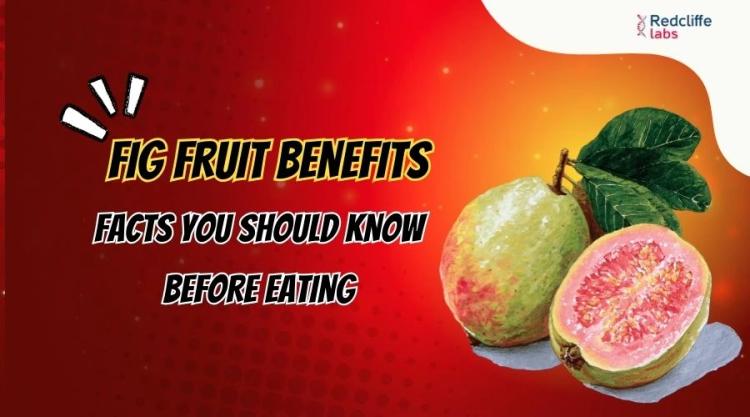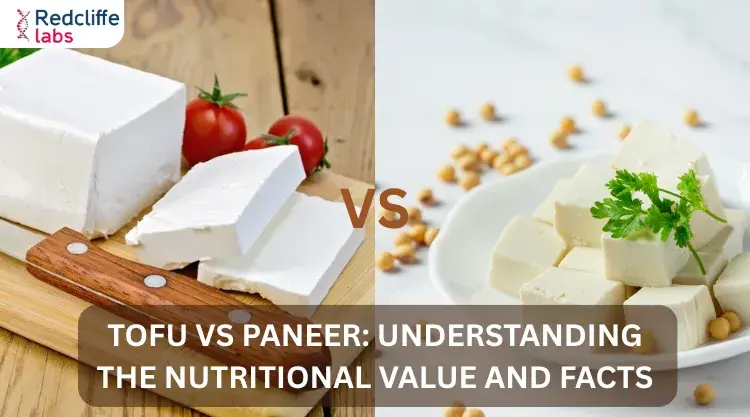Vegetarian Protein Sources: Top 10 high protein foods sources for vegetarian

Medically Reviewed By
Dr. Ragiinii Sharma
Written By Srujana Mohanty
on Apr 12, 2022
Last Edit Made By Srujana Mohanty
on Jan 10, 2025

“Are you even eating enough protein with your green salads and plant-based diet?” This is hands down one of the most common questions that most vegetarians get asked. And although the question might be intriguing, you’d be surprised to know that protein rich vegetarian foods aren’t a myth. It is afact that vegetarian people can get enough protein from plant-based sources and even dairy products. Our body needs protein to ensure proper muscle functions and improve our external and internal physiological functioning. But, how much protein do you need to maintain proper functions? Typically, protein needs are subjective and depend on a person’s everyday activities. So, are you eating enough protein? And, what vegetarian protein sources are ideal for reaching that daily requirement? We will discuss that in detail in this guide.
How much Protein do I need as a Vegetarian?
The protein requirements will vary from one person to the other. Typically, a healthy individual needs 1gm protein per 1 kg body weight. So, if you weigh 60 kg, you’d need around 60 gm of protein every day. This is a more standard way of comparison than having a set level of protein segregated for men and women separately. The daily protein requirement also depends on your age, digestive health, and activity level regularly.
What are the top Vegetarian Protein sources?
It is a very common myth that vegetarian and vegan people don’t get enough protein in their diets. And while vegan individuals often suffer from Vitamin B12 deficiency, there are no complications when it comes to comsuming enough protein. You can get adequate protein from your plant-based diet too. We will highlight some of the best options here.
1. Seitan
Not just for vegetarians, seitan is a very popular “meat replacement” for vegans. Seitan is the vital wheat protein and comes from gluten. However, if you are gluten-sensitive, this isn’t the right option. Around 100 grams of seitan contains 25 grams of protein, which is quite promising. Also, seitan has no flavor, making it easier to cook it in any way that you deem right for your taste buds. Besides protein, a healthy amount of seitan contains minerals like iron, calcium, and selenium.
2. Greek Yoghurt
A very popular ingredient for dips, Greek yogurt is a must mention in this list. Not just for its versatility, Greek yogurt has high levels of protein too. You get around 20 grams of protein per cup of Greek yogurt, which is arguably a good amount. Also, the neutral flavor allows you to pair it with both sweet and savory meals, including salads, fruit, etc.
3. Tofu and Tempeh
Soybean products are a popular staple in every vegetarian pantry. So, when talking about vegetarian protein rich sources, tofu and tempeh deserve a mention. Both contain around 15-20 grams of protein per 100 grams of serving, which is pretty satisfactory. Besides protein, soybean products also contain iron and calcium, which support overall body functions. Since tempeh is fermented, it has trace amounts of Vitamin B, magnesium, and phosphorus.
4. Lentils
Although not the most protein-dense vegetarian food, lentils are still a staple inclusion in the vegetarian diet. You can get around 18 grams of protein per cup of cooked lentils. Besides protein, lentils are rich in fiber and antioxidants, which have promising benefits for overall health. So, adding lentils to your diet is a smart move. A good portion of cooked lentils in your daily diet can support your heart health and promote weight loss.
5. Beans
Similar to lentils, even beans are rich in proteins and high in fiber. You get around 15-17 grams of protein per 150-200 grams of beans. The amount will vary depending on the type of beans you are consuming. Not only protein, beans are a promising source of complex carbs, iron, folate, phosphorus, and other essential vitamins and minerals. Also, the high fiber levels in the beans keep one satiated for a longer period, preventing overeating or unhealthy snacking. Studies also suggest that consuming beans can help in reducing cholesterol and better managing high blood sugar levels.
6. Quinoa
Another vegetarian staple high in protein food is quinoa. You get around 8-10 grams of protein per serving of cooked quinoa. This might not seem like a lot, but it is quite a decent level for a simple grain. Quinoa is also one of the few vegetarian sources containing all the nine essential amino acids. You also get a good amount of dietary fiber in quinoa, which supports digestion, bowel movement, and weight loss. As for the vitamins and minerals, quinoa has good phosphorus levels, manganese, zinc, iron, folate, and thiamine.
7. Hemp Seeds
The use of hemp seeds has gained immense popularity in the vegetarian and vegan communities recently. Besides its cardiovascular protective properties, hemp seeds have a good protein level. You can get around 9 grams of protein per 30 grams serving hemp seeds. It is often used as a topping in smoothie bowls, salads, and grains. Hemp seeds are enriched with healthy fats, which can effectively reduce inflammation.
8. Cottage Cheese
Although a hit or miss among vegetarians, cottage cheese stands out with its protein content. Like tofu and tempeh, even cottage cheese has considerably high protein levels. Around a cup of cottage cheese contains 14-15 grams of protein. If you are buying cottage cheese from the store, look for low-sodium ones. Otherwise, we’d recommend making it at home by curdling the milk. This is an easier and healthier version to consume than the store-bought options which contain preservatives.
9. Green Peas
Would you be surprised if we said that a cup of green peas has more protein than a glass of milk? It is true because a cup of green peas has around 9-10 grams of protein. But, it doesn’t stop there. Green peas are also a rich source of dietary fiber, thiamine, manganese, folate, Vitamins, etc. Also, green peas are very versatile. You can boil them, puree them, mash them, add them with grains, pasta, etc. They also have a slightly sweet taste, which makes them perfect for snacking.
10. Soy milk
While talking about vegetarian protein sources, we can’t miss out on soy milk. Although the taste isn’t a public favorite, a cup of soy milk contains around 6 grams of protein. Besides protein, it is a rich source of Vitamin D, calcium, and Vitamin B12. So, it is no wonder why it is a staple in most vegan pantries. However, soy milk comes with its limitations. For example, if you have an underactive thyroid gland, soy products might not be a good choice for you. So, research and discuss options with your doctor.
Conclusion
Protein and vitamin B12 deficiency is very prevalent among vegetarian and vegan individuals. However, with proper measures and dietary rules, you won’t have difficulty reversing these complications. A well-planned vegetarian diet contains every macro and micronutrient you’d need for optimal physiological functions. We hope this article gives you an idea about the top vegetarian protein sources in detail.



